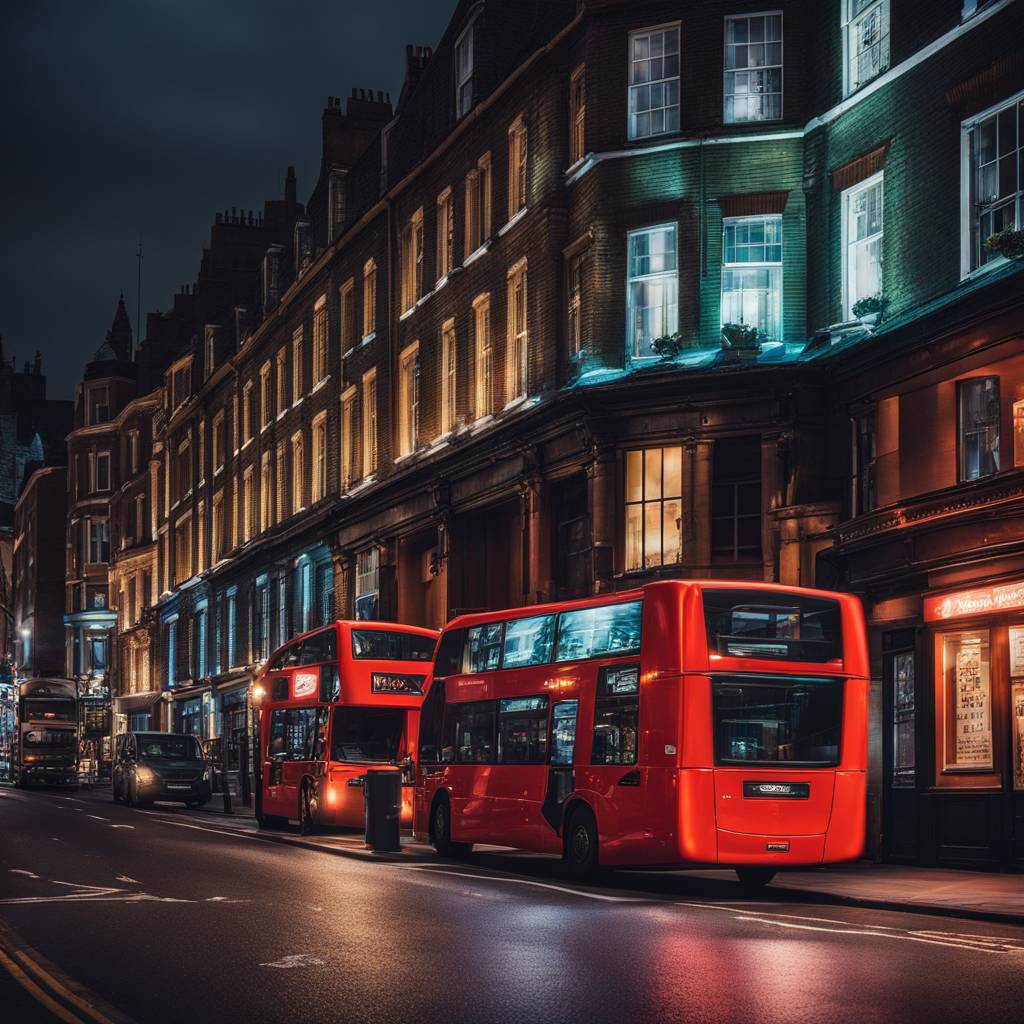The impact of the coronavirus pandemic on the nightlife industry in major cities around the world, such as London, has been devastating. High operating costs, decreased patronage, and changing consumer behavior have led to the closure of numerous pubs, bars, and nightclubs. In London alone, more than 3,000 night-time venues have shut down since March 2020, eroding profit margins and pushing businesses to the brink of closure. The cost-of-living crisis, including rising rents, energy bills, and wages, has further exacerbated the situation, making it difficult for businesses to remain open and profitable.
The challenges faced by the nightlife industry in London are reflected in the experiences of venue owners like Lesley Lewis of The French House and Jeremy Joseph of Heaven nightclub. Decreased spending by customers, competition from supermarkets for alcohol sales, and increasing operating costs, including steep rent hikes, have made it difficult for businesses to survive. Some venues have been forced to close early or shut down entirely due to financial constraints, leading to a decline in the vibrant nightlife scene that was once a hallmark of the city.
In cities like Berlin, the situation is similar, with rising energy bills and other costs impacting the nightclub scene. The decline in government aid for clubs, coupled with increased operational expenses, has made it challenging for businesses to recover from the effects of the pandemic. The importance of the nightlife industry extends beyond economic factors, with venues playing a vital role in the cultural and social fabric of cities. However, increasing complaints from residents and regulatory pressures have added to the challenges faced by night-time venues.
In response to these challenges, efforts are being made to support the hospitality sector and revive the nightlife scene. Initiatives like a freeze on alcohol taxes and property tax discounts for businesses in the hospitality sector aim to alleviate some of the financial burdens faced by venues. However, the changing landscape of socializing post-pandemic, with consumers becoming more selective about their leisure activities, presents additional challenges for night-time businesses trying to attract patrons back to their establishments.
The impact of the pandemic on the nightlife industry is not limited to London and Berlin, with cities like Hong Kong also facing difficulties in reviving their nightlife scenes. High rental costs, staff shortages, and a slow return of patrons post-pandemic have made it challenging for businesses in Hong Kong to recover. The collective trauma of years of restrictions and changes in the city’s dynamics have further compounded the challenges faced by venue owners, highlighting the far-reaching effects of the pandemic on the global nightlife industry.
Overall, the nightlife industry in major cities is struggling to recover from the impact of the pandemic, with rising costs, changing consumer behavior, and regulatory pressures posing significant challenges for businesses. Efforts to support the sector through government initiatives and community engagement are crucial in ensuring the survival of night-time venues and maintaining the vibrant cultural scenes that define these cities. The road to recovery for the nightlife industry will require a combination of financial support, community engagement, and adaptability to meet the evolving needs of consumers in a post-pandemic world.













